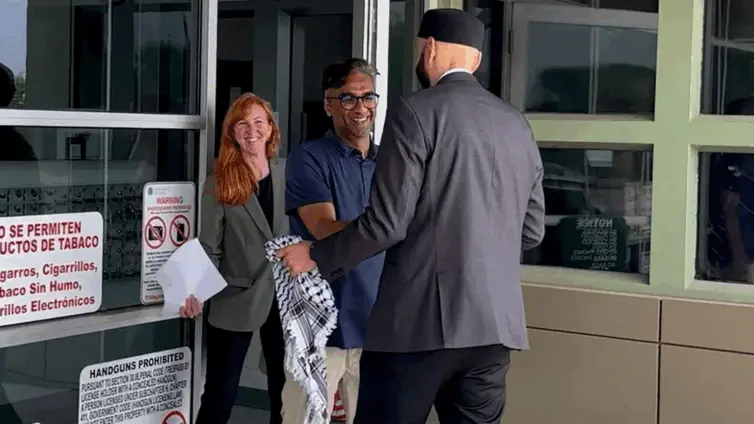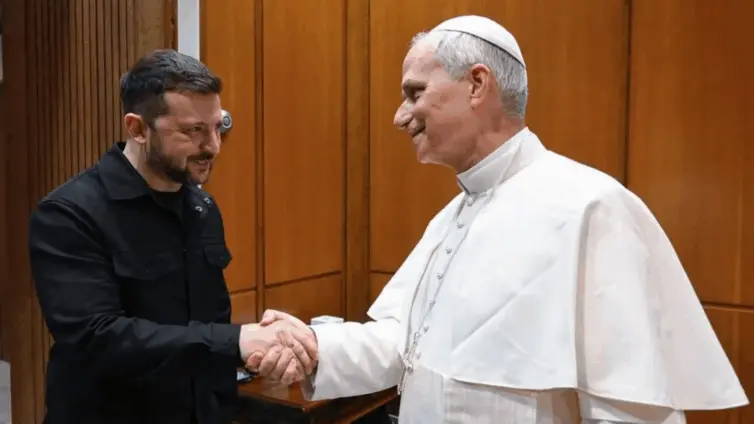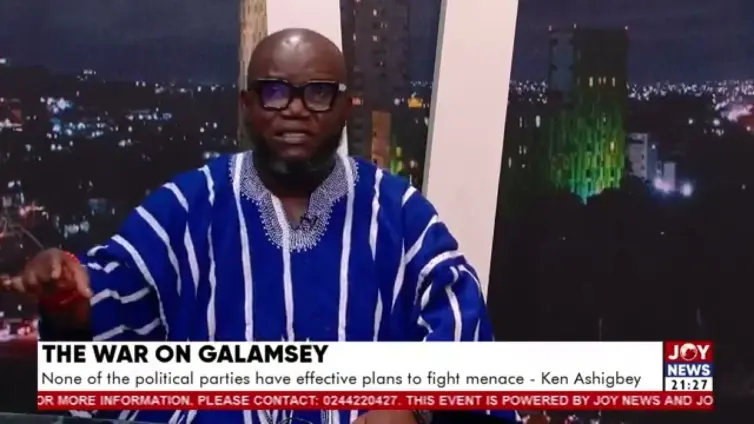The courtroom erupted in quiet elation as Judge Patricia Tolliver Giles ordered the immediate release of Badar Khan Suri, a Georgetown University academic who had been held in immigration detention for weeks. The decision, delivered on March 17, reverberated beyond the courtroom, touching upon the core principles of academic freedom and free speech, issues increasingly under scrutiny in the current political climate. Suri, a respected scholar at Georgetown, found himself caught in a legal battle that questioned the very foundation of these rights. His case has ignited a debate about the extent to which the government can curtail civil liberties in the name of national security.
Suri’s ordeal began when he was arrested outside his Virginia home on accusations of disseminating “Hamas propaganda” and maintaining “connections to a known or suspected terrorist.” The arrest occurred within what many observers describe as a broader crackdown on activists across college campuses, particularly those critical of certain foreign policies. The allegations, which the government presented as justification for immigration detention pending further proceedings, centered around Suri’s familial ties and his purported support for extremist ideologies. The question now is whether this detention was justified, or an overreach that chills free speech and academic inquiry.
The Justice Department argued that Suri posed a security risk, citing connections through his wife’s family, specifically mentioning that his father-in-law was a former government official in Gaza. This argument formed the basis of their request to detain Suri until court proceedings concluded. However, Judge Giles firmly rejected this rationale, asserting that the government’s evidence was insufficient to justify the curtailment of Suri’s constitutional rights.
Judge Giles, in her ruling, stated that Suri’s detention was unconstitutional, violating both his right to free speech and due process. She directly addressed the government’s claims regarding his alleged ties to Hamas, finding them unsubstantiated. According to CBS News, Judge Giles emphasized that “There was no evidence submitted to this court regarding statements that he made in support of Hamas.” This statement underscored the lack of concrete evidence linking Suri to any specific endorsement of violence or terrorism.
Ms. Mapheze Saleh, Suri’s wife, testified about her father’s background, explaining that he had resided in the United States for an extended period and served as a political advisor in Gaza before dedicating himself to promoting peace. The ACLU, which provided legal support for Suri’s defense, highlighted the emotional toll the detention had taken on Ms. Saleh and her family. “Speaking out about what’s happening in Palestine is not a crime,” Ms. Saleh stated, encapsulating the core issue at stake: whether expressing views on contentious political issues should subject individuals to immigration detention and potential deportation.
The case raises profound questions about academic freedom and the potential targeting of activists on college campuses. Despite the judge’s ruling, the Trump administration continues to pursue Suri’s deportation, signaling a persistent effort to remove him from the country. This effort underscores the precariousness of academic freedom in the face of government scrutiny.
Suri’s case is not an isolated incident. Other academics, such as Mahmoud Khalil from Columbia University and Rumeysa Ozturk from Tufts University, have faced similar accusations. Khalil was accused of advocating for “violence and terrorism,” while Ozturk was alleged to have been “engaging in activities in support of Hamas.” A common thread connects these cases: each individual was involved in pro-Palestinian activism, raising concerns that such activism is being unfairly equated with support for terrorism.
In conclusion, the release of Badar Khan Suri from academic detention marks a significant victory for free speech rights and due process. Judge Giles’s ruling serves as a crucial reminder of the importance of safeguarding these fundamental principles, even when controversial viewpoints are expressed. As the Trump administration persists in its efforts to deport Suri, it is more critical than ever to remain vigilant in defending academic freedom and protecting civil liberties for all.
Image Source: MYJOYONLINE






















